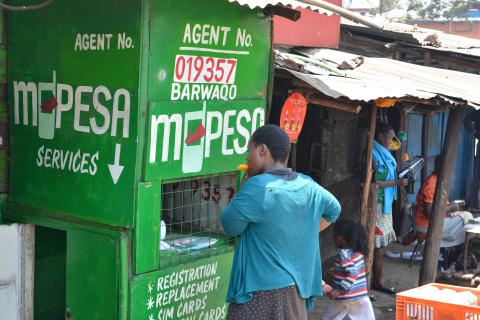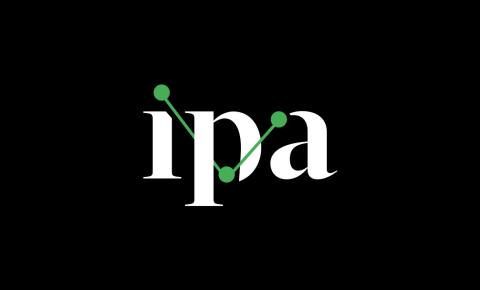Features Section Title
Research Findings

Repeater Feature Title
The Long-Run Poverty and Gender Impacts of Mobile Money
Read More

Repeater Feature Title
Asset-based Microfinance for Microenterprises: Evidence from Pakistan
Read More

Repeater Feature Title
Getting to the Top of the Mind: How Reminders Increase Savings
Read More
Related Content
Consumer Protection Research Initiative
Using data to monitor markets and test scalable solutions to financial consumer protection issues
Digital Payments
Improving the design, delivery, and impact of digital payment solutions
Transaction Cost Index
A multi-country index measuring mobile money and bank account transaction costs in emerging markets
Interoperable Payment Systems
Measuring the impact of pro-poor interoperable payments systems
Women’s Economic Empowerment
Improving economic outcomes for women through increased financial inclusion and financial decision-making power
Savings
Improving savings outcomes through better product design and lessons from behavioral economics
Credit
Enhancing the impacts of microcredit on individual, household, and business outcomes











